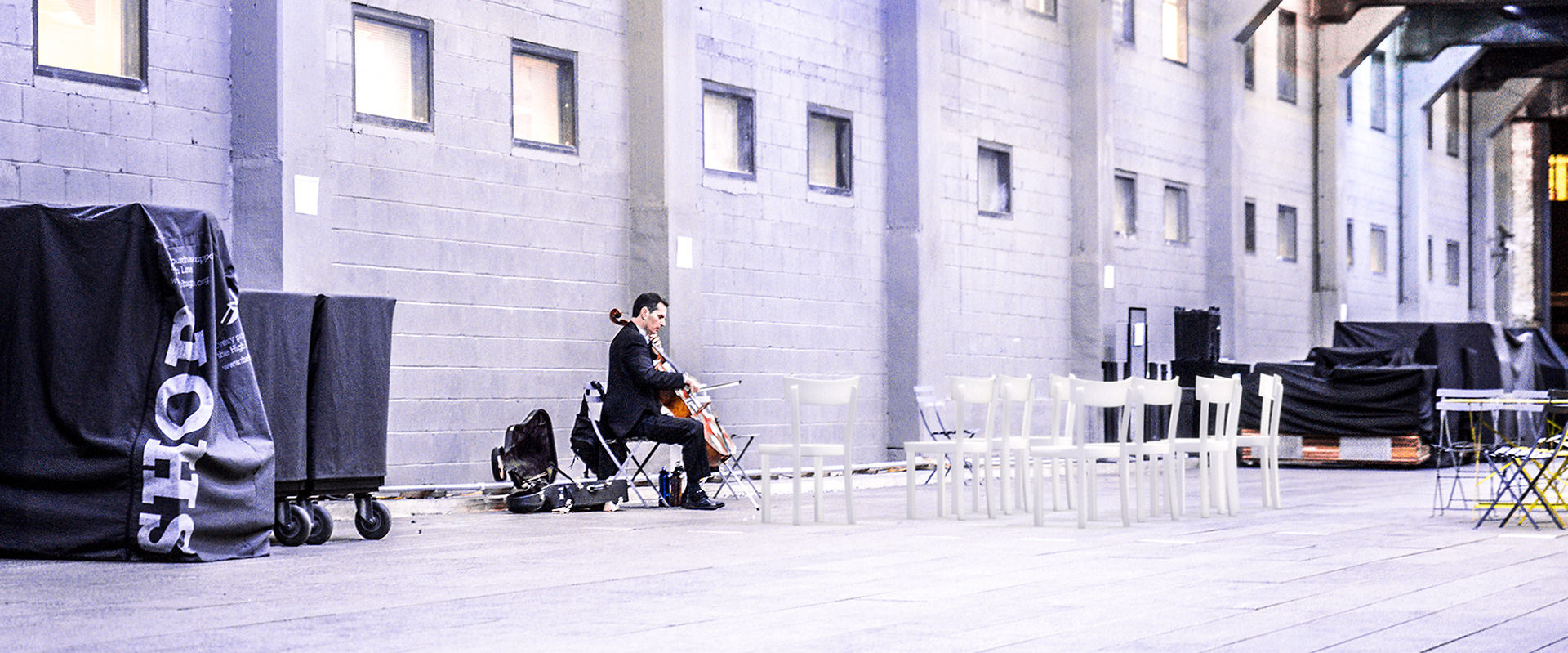- C-TO-BE
- Organizational Development
- Management Training
- Leadership
- Communication
- New! Facilitate Online Meetings Professionally
- The Perfect Sales Pitch
- Effective Argumentation and Persuasion
- Presentation Skills Training
- Communication Training
- Rhetoric - the Power of Language
- Facilitation - More Than Writing Cards
- Meeting Management
- Presenting in English for Non-Native Speakers
- Small Talk in English for Non-Native Speakers
- Intercultural Competence
- Personal Mastery
- Sales Training
- Train the Trainer
- Business Coaching
- Better Negotiating

Praise, Criticize, and Sustainably Motivate
Communication and Conversation Skills
Different trainees in rapidly changing situations challenge training officers' communication skills. Whether verbal or non-verbal, on a factual or emotional level - communication is largely unconscious. Shaping it consciously offers a wide range of opportunities to optimally support trainees. The feedback discussion is the central instrument for cooperative training. Evaluation of results, recognition, problem identification, and regular agreement on objectives are the focus of day-to-day work with trainees.
In this training, training officers learn how to conduct feedback discussions professionally.
How do I prepare myself specifically? How do I react when I am challenged? Often times, it is necessary to overcome one's inner obstacle in order to address unpleasant situations. Developmental conversations are trained and cultural differences in communication are highlighted.
Contents of the Training
Day 1: Communication and feedback
Developing a holistic understanding of training
Basics of communication
Solution-oriented conversation
Motivation of trainees
Day 2: Feedback and conflict resolution in training
Conducting feedback discussions that support development
Guiding trainees to self-assessment and self-evaluation
Trainer input, exchange of experiences, discussion, practical simulations with video analysis, practical exercises on concrete situations from the everyday life of training officers, self-reflection, comparison of self-perception and perception by others, and an action plan
Day 1: Communication and feedback
Developing a holistic understanding of training
- "Getting ahead together": Motivating trainees through regular feedback and individual learning support
- Building an appropriate culture of mistakes
- Fulfilling the role of learning support
Basics of communication
- Verbal and non-verbal communication
- Paying attention to what interlocutors say and how it is said
- Identify preferred patterns of conversation and behavior
- Analysis of strengths and weaknesses
Solution-oriented conversation
- Rules and principles for solution-oriented interviewing
- Asking the right questions: practicing open and resource-oriented questions
- Change of perspective: when and how close guidance of trainees turns into trustful learning guidance
Motivation of trainees
- Psychological models for dealing with young people in difficult situations
- Encouraging the desire to perform well in trainees
Day 2: Feedback and conflict resolution in training
Conducting feedback discussions that support development
- "Leading the feedback conversation constructively": making development opportunities visible
- "Courage to criticize!" What do I say, what do I not say?
- "Said, done, and learned." How to promote and review individual learning
Guiding trainees to self-assessment and self-evaluation
- Select work tasks appropriately
- Involve trainees in work and business processes
- Use appropriate forms of performance review
- Jointly formulate learning objectives, reflect on work processes and record learning opportunities
- Understanding the function of conflict and seeing it as an opportunity
- Remaining calm yourself and reassuring trainees
- "Disruptions, absenteeism, difficult characters, and misbehavior": Mastering challenging situations in everyday life with trainees
Trainer input, exchange of experiences, discussion, practical simulations with video analysis, practical exercises on concrete situations from the everyday life of training officers, self-reflection, comparison of self-perception and perception by others, and an action plan

Training OFFERS
Do you have any questions? Feel free to contact us!
Book tips
For anyone wanting to deepen their knowledge, we recommend the specialist literature from C-TO-BE. Order directly from us now.Virtual Negotiation. An Optimal Approach to Online Negotiations
Better Negotiating. The Training Book
Flexibel verhandeln. Die vier Fälle der NEGO-Strategie (German version)
© C-TO-BE. THE COACHING COMPANY | Seeuferstraße 59 | 82541 Ambach - Münsing | Tel.: +49 8177 / 99 85 458 | welcome@c-to-be.de



 We report on current topics in our blog - take a look!
We report on current topics in our blog - take a look!


